The Republic of Zambia is an inland country in south-central Africa, referred to as Zambia for short, and most of it belongs to the plateau area. It is bordered by the Democratic Republic of the Congo to the north, Tanzania to the northeast, Malawi to the east, and connected to Mozambique to the southeast, and connected to Zimbabwe, Botswana, and Namibia to the south, adjacent to Angola to the west.
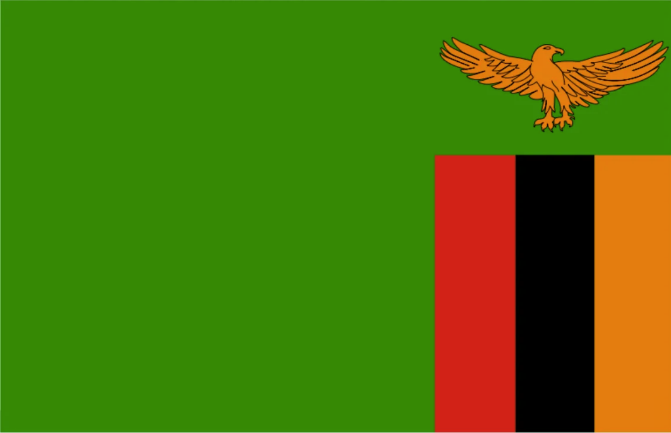
The Zambian flag was put into use on October 24, 1964, and was slightly modified in 1996, to make the depth of the green at the bottom of the flag lighter. The flag is rectangular, with a ratio of length to width of 3:2. The flag surface of Zambia is green, and the vertical rectangle at the lower right is composed of three parallel and equal vertical strips of red, black, and orange connected together, with a flying eagle above it. Green symbolizes the natural resources of the country, red symbolizes the struggle for freedom, black represents the Zambians, and orange symbolizes the country’s mineral resources. The flying eagle symbolizes Zambia’s independence and freedom.
Zambia is a member of international and regional organizations such as the Non-Aligned Movement, the African Union, the Commonwealth, the Southern African Development Community (SADC), the Common Market for Eastern and Southern Africa (COMESA), etc., and is a member of the C10 of the Heads of State Commission for Reform of the UN Security Council of the African Union.
Since the 9th century AD, various tribal kingdoms such as Luba, Lunda, Karolo, and Baroz have been established successively within the territory of Zambia. In the mid-19th century, European colonizers and missionaries began to penetrate this place.
The Zambian colonial period. From 1888 to 1900, the “British South Africa Company” established by the British Rhodes gradually took control of the eastern and northeastern regions. In 1911, Britain merged the two aforementioned regions and named it the “North Rhodesia Protectorate” after Rhodes. In 1924, North Rhodesia became a protected area ruled by British colonial officials, with a governor dispatched for direct rule.
Federation of Rhodesia and Nyasaland 1953-1963. In 1953, Britain intended to form “Central African Federation” by combining North Rhodesia with Nyasaland and South Rhodesia. In 1963, the Central African Federation declared its dissolution.
Republic of Zambia 1964-present. In January 1964, North Rhodesia achieved internal autonomy, and on October 24 of the same year, it officially declared independence, and named the country the Republic of Zambia, still remaining within the Commonwealth.
The total population of Zambia is 18.9 million. Most of them belong to the Bantu language family of blacks. There are 73 ethnic groups, and the Bemba ethnic group is the largest tribe, accounting for about 33.6% of the country’s population.
The official language is English, and there are 31 other tribal languages. 80% of people believe in Christianity and Catholicism.
Zambian customs and taboos. In Zambia, the hostess generally does not receive guests; it is taboo to pass things with the left hand, and using the left hand alone means insulting people; women generally do not shake hands with men, if they take the initiative to reach out, the man can then shake hands, but it is not suitable to hold tightly or shake hands for a long time. Zambians taboo others passing behind them, thinking that this is impolite, and passing in front is the proper etiquette. Taboo “13”, thinking that “13” is a number that foretells bad luck and will bring disasters to people. Taboo others pointing at themselves and talking nonsense, thinking that this is an intolerable act and a kind of contempt and insult to people. Taboo someone using the right hand to clench a fist and wave the arm towards them, this action in Zambia expresses “cursing and swearing” to people.
In Zambia, between men to express enthusiasm and friendship, they usually use the “African style” handshake, that is, after shaking hands in the usual posture, both parties lock the tiger’s mouth once (such as the action of arm-wrestling), and then shake hands in the usual posture again; this kind of handshake is commonly used among male friends or business partners who call each other “brother” (BROTHER).
Important festivals in Zambia. Youth Day: March 12, 13. African Liberation Day: May 25. Independence Day: October 24.
When living in Zambia, it is necessary to strengthen the awareness of safety precautions and take necessary measures to prevent theft, robbery, and break-ins. It is relatively safe to go out for activities during the day, but it is necessary to guard against theft, and do not place valuable items or handbags in obvious positions in the car. Usually, avoid exposing too much personal financial situation, and try to avoid going out alone at night. The doors and windows of the workplace and residence should have protective devices, and pay attention to locking them at night. Try to avoid living alone.

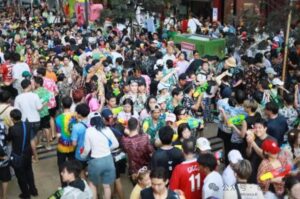
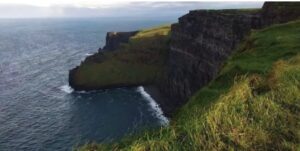

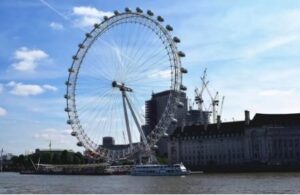
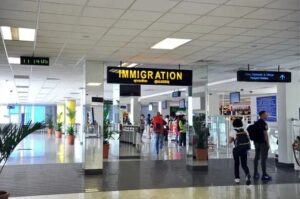
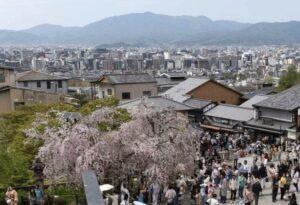

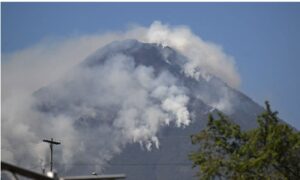
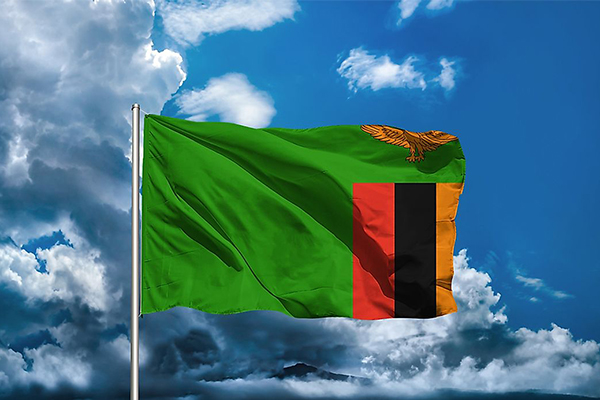


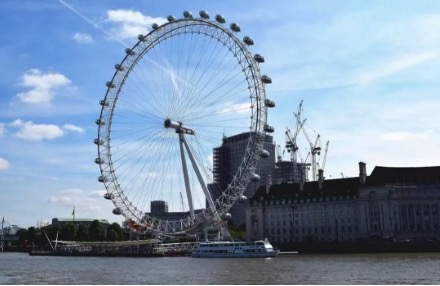


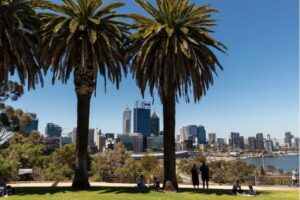
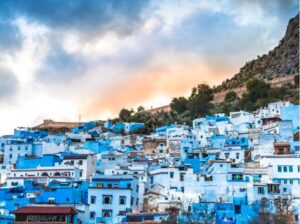

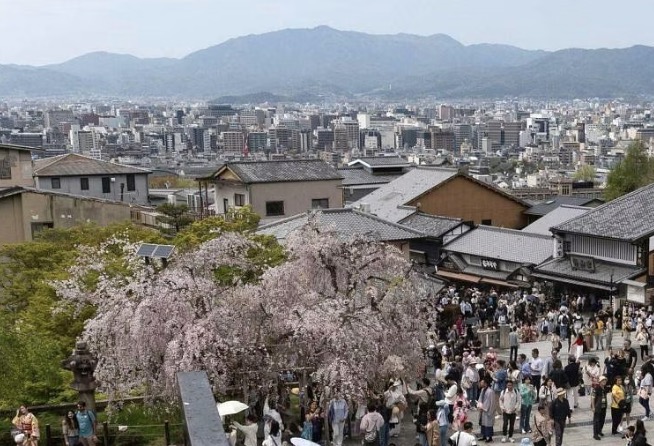

+ There are no comments
Add yours